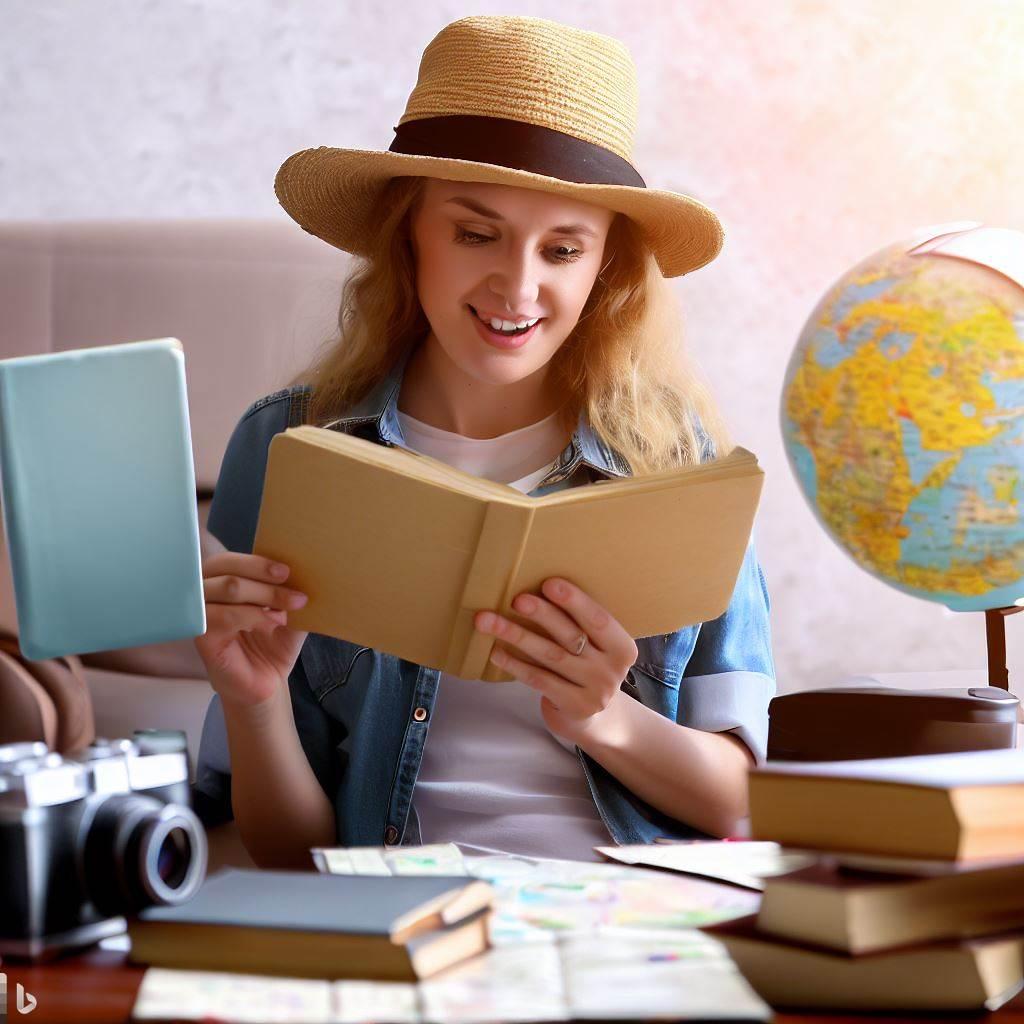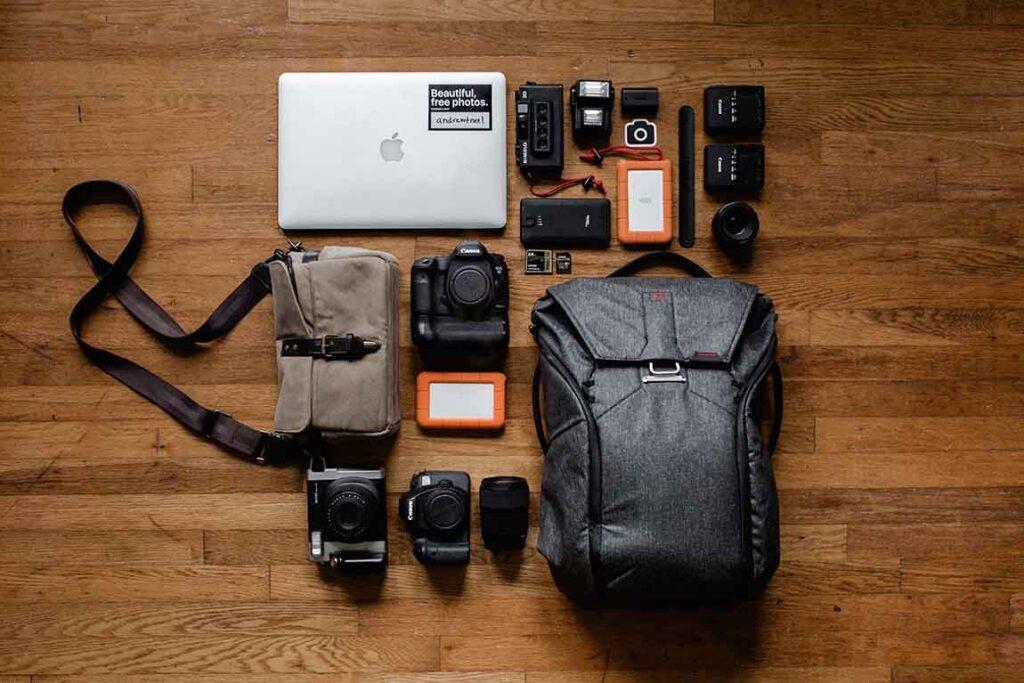Traveling to new and intriguing places may be an exhilarating experience. Whether you’re going on a single adventure or organizing a family vacation, your safety should come first. You may have a worry-free and joyful journey if you follow some important travel safety rules. In this essay, we’ll go over ten essential travel safety tips to remember when traveling.
Outline of the Article
Introduction
Traveling opens up a world of possibilities, but it’s critical to keep safety in mind at all times. These ideas can help you make the most of your travel experience while prioritizing your well-being, from preparing ahead to remaining attentive.

10 Must-Know Travel Safety Tips
1 Research and Plan Ahead
Take the time to properly research your location before embarking on your journey. Understand the local laws and customs, as well as any potential hazards or challenges you may face. This understanding will allow you to confidently navigate your environment. Planning your itinerary ahead of time also helps you stay organized and make informed decisions about where to go and what to do. Check weather updates on The weather channel.

2. Pack Wisely
Packing light not only saves space but also improves your safety while traveling. You lessen the danger of losing important stuff by reducing the number of belongings you carry. Remember to bring important documents with you, such as your passport, identity, and travel insurance information. It’s also a good idea to preserve duplicates of these documents in case of an emergency. Additionally, use dependable locks or invest in tamper-proof suitcases to safeguard the security of your luggage.
3. Stay Alert and Be Aware
One of the most important travel safety tips is to always be attentive and aware of your surroundings. By avoiding conspicuous displays of wealth or ostentatious jewelry, you can avoid drawing undue attention to yourself. Use trustworthy transit choices when exploring new locations, and avoid walking alone at night. Keeping a constant eye on your stuff, especially in crowded locations, will aid in the prevention of theft or loss.
4. Secure Your Accommodation
Choosing trustworthy lodging is critical to ensuring your safety during your visit. Before making a reservation, read reviews and learn about the hotel’s or vacation rental’s safety measures. When you arrive, secure your possessions and lock your room. Most hotels provide a safe in each room for precious valuables such as passports, jewelry, and extra cash.
5. Practice Personal Safety
Staying safe when traveling can be accomplished by blending in with the natives. You can prevent unwanted attention by following and respecting local customs, dressing modestly, and behaving correctly. When communicating with strangers, trust your instincts and employ common sense. If you find yourself in an uncomfortable or dangerous position, leave immediately and seek help if required.
You May Also Love to Read:
15 Essential Travel Tips for Winter to Make Your Journey a Breeze
6. Use Technology for Safety
In today’s digital age, technology provides a plethora of resources to improve travel safety. Keep emergency contacts on speed dial in case you want assistance. Apps for travel safety can provide useful information about your location, such as maps, local emergency services, and safety tips. Consider also sharing your location with trusted friends or family members so they can track your movements.
7. Be Mindful of Your Health
A healthy lifestyle is vital for a safe and happy journey. Maintain your energy levels by staying hydrated, eating nutritious foods, and getting adequate rest. If you need medication, make sure you have enough for the duration of your trip. Investigate any potential health hazards on your trip and take any necessary precautions, like vaccines or preventive drugs.

8. Money and Document Safety
When traveling, it is critical to protect your money and documents. Carry only a small amount of cash and use secure payment methods such as credit cards or travel cards. Keep digital and paper copies of key papers, such as your passport and travel insurance. By keeping your cash and vital documents close to your body, money belts or hidden pockets can add an added layer of security.
9. Trust Your Instincts
Your instincts are a valuable resource for personal protection. When making decisions or evaluating a situation, pay attention to your gut instincts and trust your intuition. If something feels strange or unsafe, it’s best to be cautious. If you run into any problems on your journey, don’t be afraid to seek help from local authorities or contact the embassy or consulate services.
10. Stay Connected
Maintaining contact with loved ones and communication when traveling is an important safety precaution. Here are several ways to stay in touch:
- Regular check-ins: Make it a habit to check in with your loved ones on a frequent basis, especially if you’re traveling alone. Send them a quick message or call to let them know you’re safe and to share any trip updates. It reassures your loved ones and allows them to notify authorities if they haven’t heard from you in a long time.
- Use social media wisely: While it may be tempting to share every detail of your trip on social media, use caution while posting. If you’re traveling alone, avoid providing real-time updates that reveal your actual location. To protect privacy and security, save social media posts after you’ve left a location.
- Use public Wi-Fi cautiously: While public Wi-Fi networks can be useful for staying connected, they can offer security dangers. When using public Wi-Fi, be cautious, especially when performing sensitive tasks such as accessing online banking or entering personal information. Consider using a virtual private network (VPN) to encrypt your data and secure your internet connection.
Staying connected adds an extra degree of security. Your loved ones can track your journey and reach out to you or aid you if there are any emergencies or unforeseen events.
Conclusion
Traveling should be a pleasurable experience, and protecting your safety is critical to thoroughly enjoying your trip. You can minimize risks and maximize the enjoyment of your travels by following the ten essential travel safety tips, which include researching and planning ahead, packing wisely, staying alert, securing your accommodations, practicing personal safety, using technology for safety, prioritizing your health, safeguarding your money and documents, trusting your instincts, and staying connected. Put your safety first, make informed decisions, and set out on your travels with confidence.
FAQs
Q1. What are the top travel safety tips?
Researching your trip, packing intelligently, remaining vigilant, protecting your accommodations, practicing personal safety, leveraging technology for safety, prioritizing your health, preserving your money and documents, and following your instincts are the top travel safety suggestions.
Q2. Why is it important to research your destination before traveling?
Researching your destination will help you grasp local laws, customs, and hazards. This knowledge enables you to make informed decisions and confidently manage your surroundings, resulting in a safer and more pleasurable trip.
Q3. How can I secure my luggage during travel?
To keep your luggage safe while traveling, use dependable locks, invest in tamper-resistant suitcases, and avoid leaving your bags unattended. Consider using baggage tags with your personal contact information in case your stuff becomes misplaced.
Q4. What should I do if I encounter a risky situation during my journey?
If you come across a dangerous circumstance on your journey, put your safety first. Remove yourself from the situation as soon as possible and locate a secure place. Contact local authorities, hotel personnel, tour guides, or fellow travelers for assistance.
Q5. Is travel insurance necessary for a safe journey?
Travel insurance is strongly advised for a safe vacation. It covers medical crises, trip cancellations or disruptions, misplaced or delayed luggage, and other unforeseeable circumstances. Travel insurance provides peace of mind and financial protection in the event of an accident.












